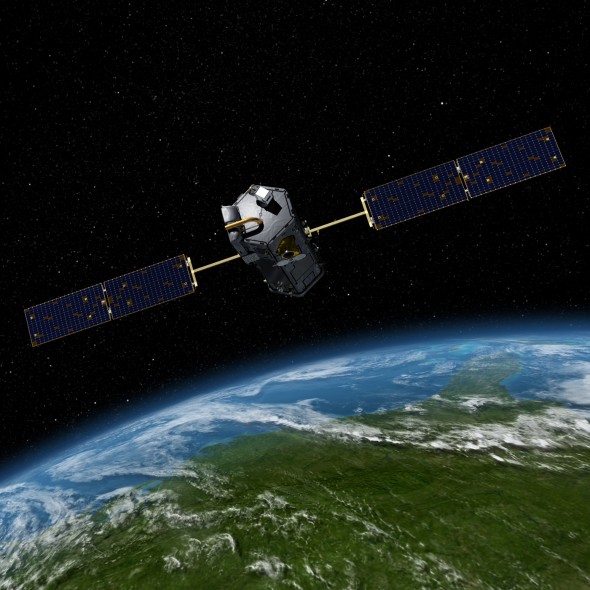James E. West backstory
The legendary inventor’s latest project is saving lives with a smart stethoscope

The invention that made James E. West famous came out of his conviction that he could make things better.
West was born into a world in dire need of improvement. He grew up during the Great Depression in rural Virginia, where racial segregation laws denied his family many opportunities. But he challenged the status quo with every step forward in his education. In 1953, he entered Philadelphia’s Temple University, and he soon landed a summer internship at Bell Telephone Laboratories.
His supervisors asked him to work on headphones used in acoustics experiments, which weren’t able to transmit ultraprecise pulses of sound. West built a new kind of headphones with a transducer made from a solid dielectric material. Then he went back to college.
“In November, I got a call,” West remembers. “They said, ‘Gee whiz, these things work very well, but only for a limited time.’ So I agreed to come back over Christmas break to see what I could do.” Further experimentation led to his invention, with Gerhard Sessler, of the electret microphone, a now-ubiquitous technology used in hearing aids, computers, and mobile phones.
After graduating in 1957, West joined the Bell Labs staff. There, and later at Johns Hopkins University, in Baltimore, which he joined in 2001, he continued to invent new technologies and improve existing ones, working in such areas as architectural acoustics and teleconferencing. West, an IEEE Life Fellow, was inducted into the National Academy of Engineering in 1998, the National Inventor’s Hall of Fame in 1999, and was awarded the National Medal of Technology and Innovation in 2006.
His latest invention, which he and Johns Hopkins colleague Mounya Elhilali describe in this issue, is an AI-enabled stethoscope to help diagnose pneumonia, a top killer of children in the developing world. “This is the first time in my career that I’ve had an opportunity to save lives,” West says. “Who knows, maybe one of the babies we save will find a solution to a major problem of their day.”

Leave a Reply